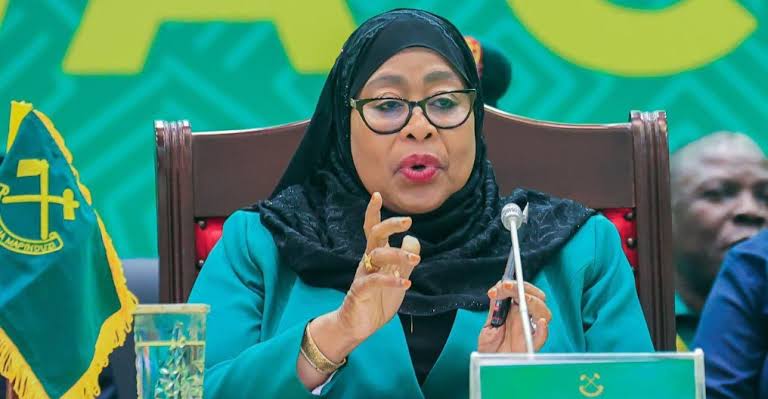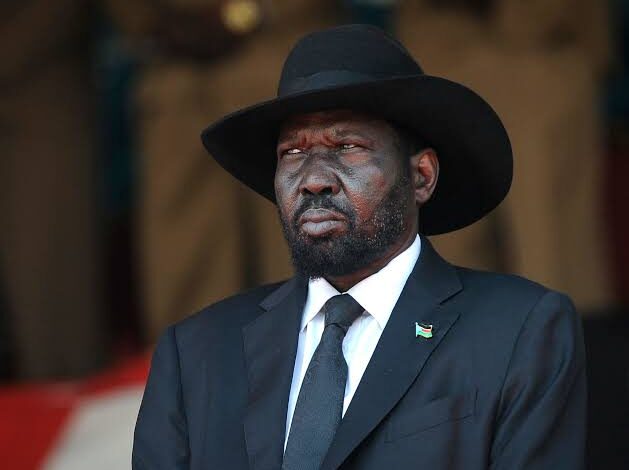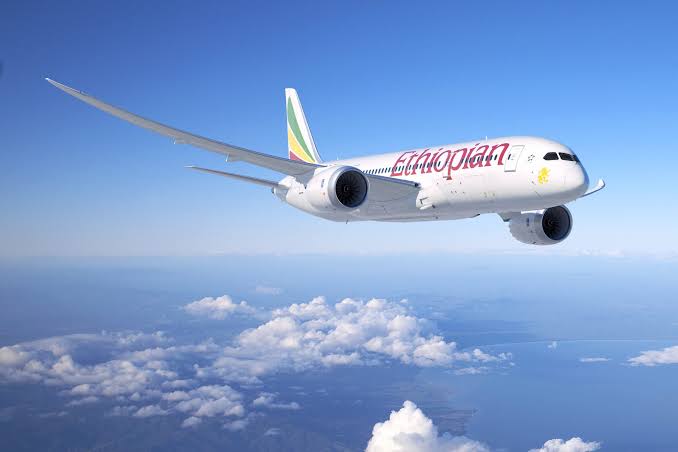
Faith Nyasuguta
In the corridors of power in Dar es Salaam, the mood has shifted from cautious optimism to strategic urgency. Tanzania, once a reluctant observer, now finds itself energetically pursuing high-stakes diplomacy with the United States to ward off the looming threat of travel restrictions under President Donald Trump’s hardline immigration policies.
The alarm was sounded earlier this month, when an internal memo from the U.S. State Department, signed by Secretary of State Marco Rubio, revealed plans to potentially add 36 countries to the travel‑ban list, 25 of them hailing from Africa. Among the nations named were Tanzania and its East African neighbour Uganda, prompting swift démarches from government spokesperson Gerson Msigwa. He announced that Tanzania’s Ministry of Foreign Affairs had already dispatched envoys to Washington, seeking dialogue “to identify areas needing attention”– particularly around consular operations and information sharing .
The U.S. policy, reiterated in cables sent to embassies worldwide, presents an ultimatum: each of the 36 nations must commit within two days – and demonstrate tangible progress within 60 – to bolster traveler vetting, reinforce passport security, stem visa overstays, and facilitate repatriation of nationals residing in the U.S. illegally. Noncompliance, the memo threatens, could result in partial or full bans on visa issuance.

For Tanzania, the implications are serious. In 2023, the U.S. issued a modest number of visas to Tanzanian nationals – some 332 immigrant visas and approximately 8,170 non-immigrant ones, representing less than 2 percent of African visa flows. But the real stakes lie beyond simple numbers: tourism, trade, study, and deeply personal journeys hang in the balance. And within Tanzania’s tourism- dependent economy, the ripple effects could be profound.
Inside the Tanzanian Foreign Affairs Ministry, officials are laser‑focused on addressing the U.S. concerns – though these remain loosely defined. Reports suggest Washington has flagged issues such as unreliable identity documents, porous passport controls, insufficient cooperation in accepting deportees, and any ties to terrorism or anti-American activity. Yet these are broad categories, and Tanzania must now prove its systems – from border control to diplomatic coordination – meet the demanded U.S. benchmarks.
The government, according to their statement, is treating the matter “with urgency,” and assurances have been given that regular updates will be provided as talks proceed. Civil society in Dar es Salaam, however, whispers concern: might this escalation threaten academic exchanges, medical travels, and cross – ‘continental family ties? Tourist lodge owners fear cancelled Bookings, students abroad dread lost opportunities.

Meanwhile, the U.S. has sought to calm anxieties elsewhere: embassies have been instructed not to cancel visas already granted to citizens of the 12 countries previously targeted in early June proclamations. But for those under review in the new round of 36, the directive is clear: act now – or face the consequences.
Tanzania’s proactive outreach signals an awareness of both the fragility and opportunity in its international positioning. Dar es Salaam’s envoys are expected to discuss enhanced passport verification systems, stricter monitoring of Tanzanian citizens in the United States, and improved cooperation in repatriation processes. If successful, Tanzania could join a select group of nations that have averted restrictions by demonstrating compliance – akin to Somalia’s pledge and Chad’s veiled threats of reciprocal visa stacking .
Despite the pressure, there is room for cautious optimism. The U.S. appears open to a dialogue-first approach: countries willing to engage earn a grace period to implement reforms. But the window is tight – roughly 60 days – and Tanzania must navigate bureaucratic inertia, resourcing challenges, and the optics of being “saved” by U.S. benevolence.

As Dar es Salaam awaits word from Washington, the nation’s narrative shifts from passive compliance to active partnership, an effort to transform a potential diplomatic setback into a showcase of Tanzania’s capacity for reform, respect for rule-based systems, and willingness to cooperate on global security.
RELATED:








